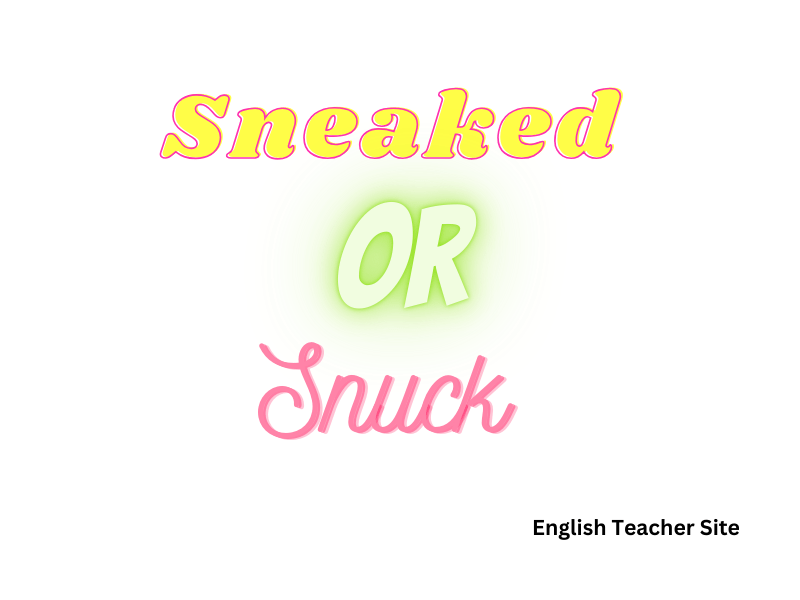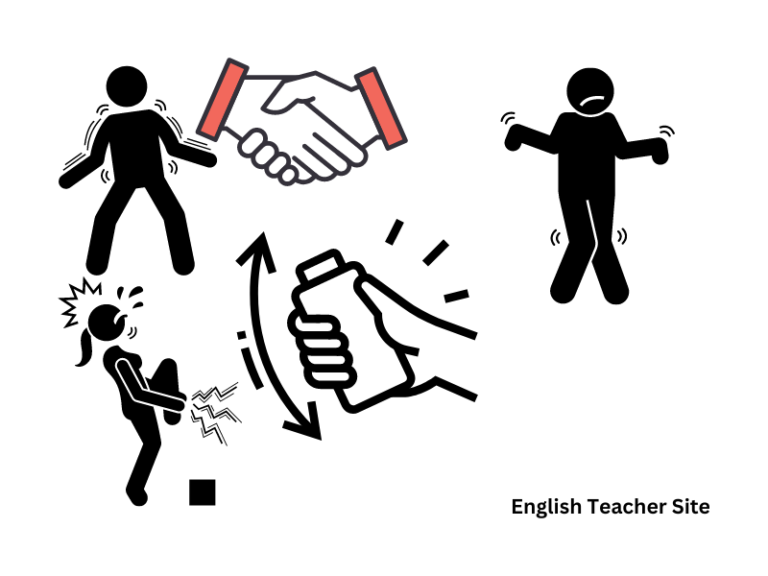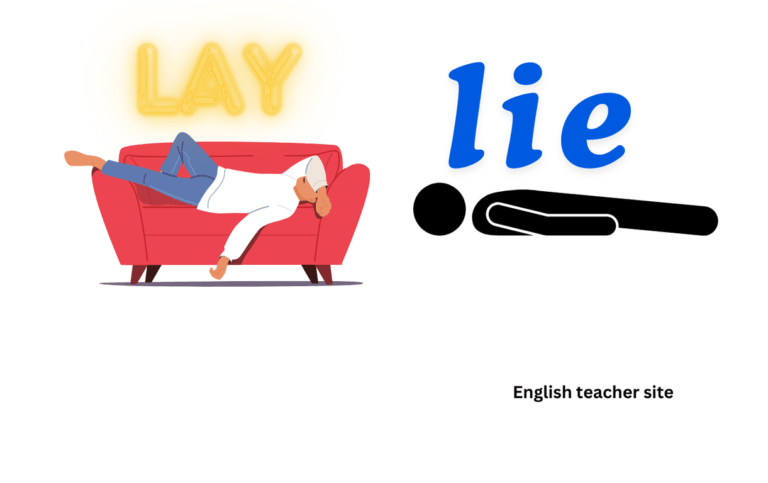Whats the Past Tense of Sneak: Sneaked vs. Snuck Explained

- “Sneaked” is the traditional past tense of “sneak,” following regular verb conjugation rules.
- “Snuck” emerged as an alternative form in the 19th century and is prevalent in modern usage.
- Both “sneaked” and “snuck” are accepted in past tense usage, though “sneaked” is often preferred in formal writing.
However, language evolves, and “snuck” surfaced as an alternative in the 19th century, particularly in North American English. It has gained considerable usage and is now very common, although some consider it informal. It’s a matter of choosing between a traditional standard and a widely accepted modern form. In this exploration of the verb “sneak,” we will examine the usage, correctness, and context of both “sneaked” and “snuck,” providing insight into their appropriateness in various linguistic situations.
Which is Correct: Sneaked or Snuck?
Sneaked is the original past tense form of sneak, adhering to the regular verb pattern. Traditionally, most English verbs follow this model, adding -ed to the base form to create the past tense:
- walk → walked
- laugh → laughed
- cook → cooked
Snuck, in contrast, is a more recent development and represents an irregular conjugation that has gained acceptance over time. Similar cases of irregular verbs include:
- think → thought
- go → went
- bring → brought
The use of these past tense forms varies by preference, region, and context. The following table summarizes their key qualities:
| Quality | Sneaked | Snuck |
|---|---|---|
| Regularity | Follows standard -ed ending for past tense | Deviates from the norm, using an irregular form |
| Tradition | The traditional choice since the 19th century | Emerged in the 20th century |
| Acceptance | Universally accepted in formal and academic writing | Widely used in informal speech and writing |
Usage in Literature and Media
Analyzing the appearance of these forms in published works can shed light on their acceptance:
- Sneaked remains the preferred choice in more formal contexts and is less likely to be questioned by grammarians.
- Snuck has found its way into modern literature and journalism, indicating a broader acceptance among the general public.
Understanding the Meaning of ‘Sneak’
The verb ‘sneak’ pertains to moving or doing something stealthily or without attracting attention. Typically, it implies a quiet, cautious action to avoid detection. In the English language, ‘sneak’ is a dynamic verb that can be used in various contexts where discretion is needed or when an individual is engaged in a secretive or unapproved activity.
Examples of ‘sneak’ in sentences:
- She managed to sneak out of the house without anyone noticing.
- He snuck a cookie from the jar while his mother was not looking.
Conjugating ‘sneak’ can be nuanced due to the existence of two past tense forms. Below are tables illustrating the usage of each form:
| Regular Past Tense | Usage |
|---|---|
| sneaked | – Historically accepted |
| – Preferred in formal writing |
| Irregular Past Tense | Usage |
|---|---|
| snuck | – Emerged in the 1800s |
| – Widely accepted in modern usage |
The choice between ‘sneaked’ and ‘snuck’ often depends on the context and formality of the writing. While ‘sneaked’ aligns with the regular construction of verbs ending in ‘ed’, ‘snuck’ has been adopted widely in casual conversation and informal writing. It is important to note, however, both forms are now considered correct.
Different Forms of the Verb ‘Sneak’
When discussing the verb “sneak,” one encounters two different past tense forms: “sneaked” and “snuck.” Historically, the verb followed a regular conjugation pattern, and therefore the past tense was “sneaked.”
Present Tense:
- I/you/we/they sneak
- He/she/it sneaks
Past Tense:
- I/you/we/they sneaked/snuck
- He/she/it sneaked/snuck
The usage of “snuck” emerged in the 19th century and has gained acceptance over time, especially in American English. Now, both “sneaked” and “snuck” are widely recognized as correct forms, but they have different registers; “sneaked” is often seen as more formal, while “snuck” can be considered more informal or conversational.
| Form | Example Sentence |
|---|---|
| Infinitive | to sneak |
| Present | She sneaks out quietly. |
| Past | They sneaked/snuck into the room. |
| Past Participle | He has sneaked/snuck by unnoticed. |
Determining if ‘Sneak’ is Regular or Irregular
The verb ‘sneak’ presents an interesting case in English grammar, one that challenges the typical definitions of regular and irregular verbs. Generally, a regular verb forms its past tense by adding -ed to the base form. In contrast, an irregular verb follows a different pattern, often changing the vowel or the entire word.
Regular Formation:
- Sneak + ed = Sneaked
Irregular Formation:
- Sneak → Snuck
Traditionally, ‘sneaked’ follows the regular verb conjugation pattern:
| Base Form | Past Tense | Past Participle |
|---|---|---|
| sneak | sneaked | sneaked |
However, ‘snuck’ has emerged as an alternative, aligning with irregular conjugation:
| Base Form | Past Tense | Past Participle |
|---|---|---|
| sneak | snuck | snuck |
To determine if ‘sneak’ is regular or irregular, consider these points:
- ‘Sneaked’ aligns with the regular verb pattern.
- ‘Snuck’ reflects an irregular usage that has become acceptable over time.
In practice, this means that ‘sneak’ has two recognized past tense forms: one regular (sneaked) and one irregular (snuck), giving speakers a choice based on preference, dialect, or formality.
Sentence Examples of ‘Sneak’ in Context
Regular Past Tense: ‘Sneaked’
| Sentence | Commentary |
|---|---|
| She sneaked out of the house while everyone else was asleep. | Demonstrates a secretive departure |
| He sneaked a look at his birthday presents hidden in the closet. | Shows a quick, furtive action |
In these examples, “sneaked” follows the regular verb pattern.
Irregular Past Tense: ‘Snuck’
| Sentence | Commentary |
|---|---|
| They snuck into the abandoned theatre for a thrill. | Indicates an illicit or adventurous action |
| Our cat snuck into the pantry and found the fish. | Depicts a stealthy maneuver |
Here, “snuck” is used in a more casual tone.
Usage in Literature and Media:
- In narratives, characters may sneaked past guards to escape captivity.
- Children’s tales often feature young protagonists who snuck out on an adventure.
Both Past Tense Forms:
- Whether a character sneaked or snuck into a room, the essence of stealth remains constant.
- Detectives in stories might have sneaked/snuck up on a suspect, depending on the form preferred by the author.
Utilizing “sneaked” or “snuck” effectively depends on the formality of the context and the preference of the speaker or writer. While both are grammatically correct, “sneaked” is traditionally more formal, and “snuck” is widely accepted in conversational language.
Usage of the Past Tense/Past Participle ‘Snuck’ in Sentences
Here is how “snuck” can be utilized in sentences representing both the past tense and past participle:
Past Tense Usage
| Sentence Example | Explanation |
|---|---|
| They snuck out after dark. | Indicates action completed in the past. |
| He snuck a glance at her. | Describes an action that was secretly completed. |
Past Participle Usage
| Sentence Example | Explanation |
|---|---|
| The cat has snuck into the pantry. | Functions in a perfect tense construction. |
| The files had snuck through unnoticed. | Completes a past perfect tense construction. |
“Snuck,” use to remember:
- For actions completed in the past: She snuck into the room quietly.
- To describe stealthy or secretive movements: They snuck past the guards.
- In perfect tense constructions: He has snuck to the front of the line.
- In past perfect tense situations: By the time we arrived, they had already snuck away.
Remember to apply the correct tense to ensure your sentence expresses the time frame and context accurately. The use of “snuck” is subject to the style and preference of the writer but has become a resilient form in the English lexicon.
Origin of the Word ‘Sneak’
The term sneak has a curious etymology that reflects its stealthy meaning. Hailing from the late Old English word snican which means “to creep, crawl,” the term evolved in Middle English to sniken or sneken, retaining its connotation of moving quietly and secretly. It is hypothesized that the early roots of the word may relate to the Proto-Germanic sneikanan, conveying a sense of moving quietly and smoothly.
| Proto-Germanic | Old English | Middle English | Modern English |
|---|---|---|---|
| sneikanan | snican | sniken | sneak |
“Sneak” is thought to have first appeared in print in the 15th century, denoting stealthy movement or action. Its transitive usage, to move something stealthily, emerged subsequently.
- Original Usage: To move covertly or furtively
- Evolutions: From physical movement to encompassing actions carried out secretively
- Modern Usage: Retains the foundational sense of secretiveness or stealth
The word evolved to encompass not just physical stealth, but any action carried out in a secretive or surreptitious way.
Table: Sneak Usage Evolution
| Century | Usage |
|---|---|
| 15th | To creep or crawl stealthily |
| 16th | To go or do something in a sneaky way |
The term sneak is a fascinating example of how language adapts and evolves over time, with the word itself embodying its meaning by subtly transforming throughout the centuries.
More Examples
The distinction between them lies in formality and regional preferences. “Sneaked” is the original past tense and tends to be preferred in formal writing, whereas “snuck” is a more recent form that some people use in everyday conversation.
Below are two tables designed to help students compare the usage of “sneaked” and “snuck” in sentences. Additionally, example sentences are provided to facilitate a clearer understanding of how each word can be incorporated into standard English.
Table 1: Sentence Examples with “Sneaked”
| Sentence Context | Example with “Sneaked” |
|---|---|
| Observing a quiet action | She sneaked a glance at her watch during the exam. |
| Describing past action | They sneaked into the theater without paying. |
Table 2: Sentence Examples with “Snuck”
| Sentence Context | Example with “Snuck” |
|---|---|
| Recounting a stealthy move | The cat snuck up on the unsuspecting mouse. |
| Relating a past event | He snuck out of the office early on Friday. |
In both tables, the bolded words highlight the use of past tense forms of “sneak.”
Regular vs. Irregular Forms
- Sneaked – Represents the regular form.
- Snuck – Represents the irregular form and is commonly used in North American English.
Usage Tips
- For formal or academic writing, use “sneaked.”
- In informal contexts, both “sneaked” and “snuck” are acceptable.
My name is Khamis Maiouf. I am the creator of the English Teacher Site, dedicated to providing valuable resources and insights for students around the world. With a passion for education and a commitment to helping students enhance their skills, I aim to make English teaching more effective and enjoyable for both educators and students.





